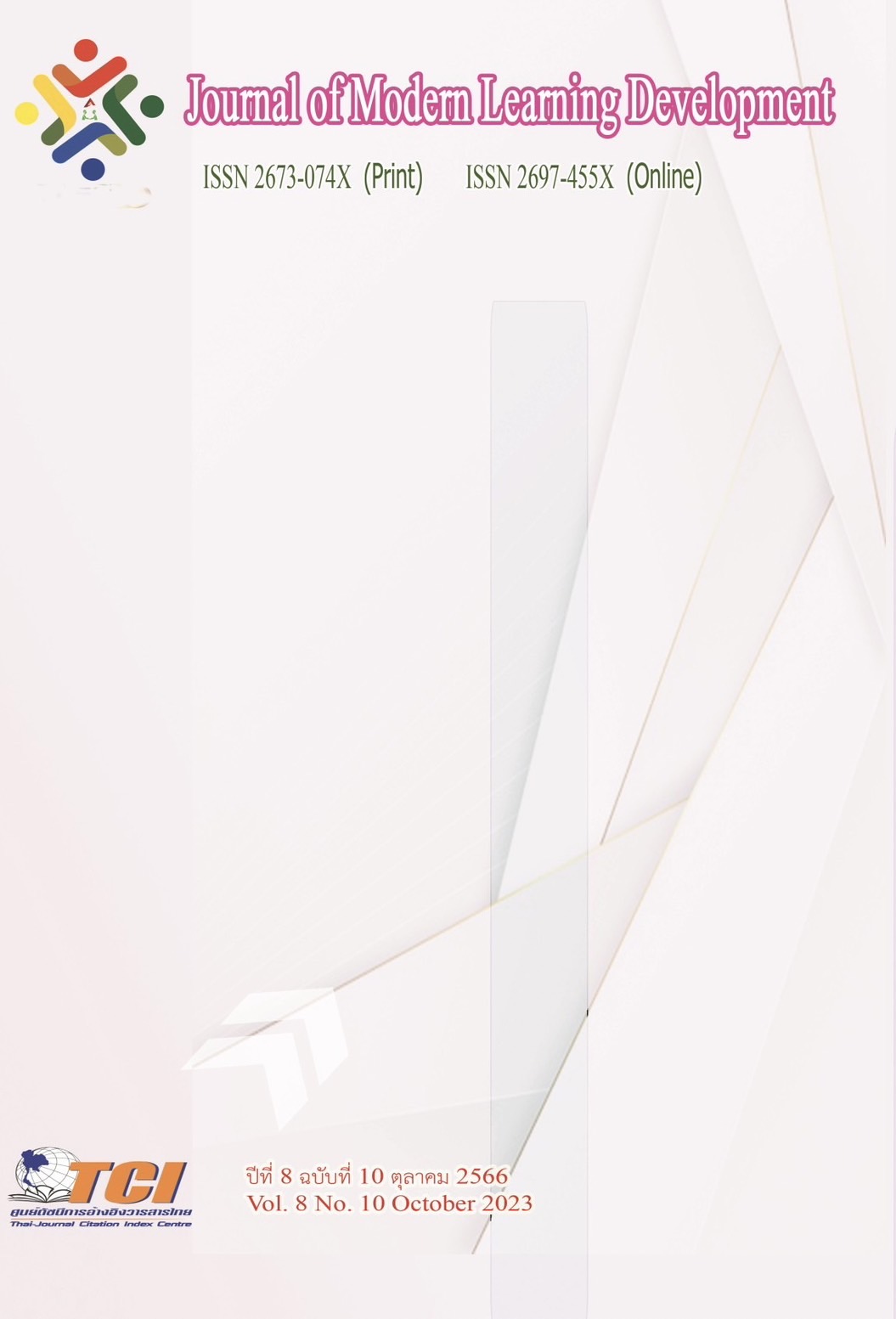The Enlightenment of Chinese Excellent Traditional Culture to Current Art Management under the Background of Cultural Confidence
Main Article Content
Abstract
The construction of cultural self-confidence is the theme and top-level design of the current China, and it is also the historical mission and responsibility of contemporary Chinese people.In this context, all cultural and artistic industries in China, including art management, are bound to proceed in the context of building cultural self-confidence.This article uses cultural self-confidence as the principle and standard to screen China's excellent traditional culture, and excavates Yangming's philosophy of mind and Mohist school as the theoretical basis and practical guidance of art management.Specifically, Yangming's ideas of "mind is reason", "conscience", "unity of knowledge and action" and "refinement in the world" and the ideas of "non-aggression", "universal love", "advocating the virtuous" and "saving use" of the Mohist School of Mind are compared. Benchmark art management.Focusing on the opportunities and challenges of contemporary Chinese art management, taking management strategies as the core, analyzing the causes of the predicament and using the relevant propositions of Yangming’s philosophy of mind and the Mohist school, focusing on management concepts, management models, and management methods, to improve contemporary Chinese art Managed management strategy.The research and practice of this article will not only contribute to the development of contemporary Chinese art and the growth of young artists, but also enable the development and improvement of art management itself because it meets the development of the times and social needs.
Article Details
References
Adela McMurray,Nuttawuth Muenjohn,Chamindika Weerakoon. (2021). The Palgrave Handbook of Workplace Innovation[M].:2021-03-18.
Cornejo-Cañamares María,Medrano Natalia,Olarte-Pascual Cristina. (2021). Environmental
objectives and non-technological innovation in Spanish manufacturing SMEs[J]. Journal of Cleaner Production,2021,296.
Chang Shuhua,Yue Jingyi,Wang Xinyu,Yu Baoqin. Managerial strategies for process innovation through the perspective of competition am.(2021). ong supply chain members[J]. Journal of Cleaner Production,2021,296.
Cornejo-Cañamares María,Medrano Natalia,Olarte-Pascual Cristina. (2021). Environmental objectives and non-technological innovation in Spanish manufacturing SMEs[J]. Journal of Cleaner Production,2021,296.
Guiné Raquel P.F.,Florença Sofia G.,Barroca Maria João,Anjos Ofélia. (2021). The duality of innovation and food development versus purely traditional foods[J]. Trends in Food Science & Technology,2021,109(prepublish).
Lim SangGon (Edward), (2021). Ok Chihyung “Michael”. Fostering absorptive capacity and
facilitating innovation in hospitality organizations through empowering leadership[J]. International Journal of Hospitality Management,2021,94.
MahdaviMazdeh Hossein,Saunders Chad,Hawkins Richard William,Dewald Jim.
Reconsidering the dynamics of innovation in the natural resource industries[J]. Resources Policy,2021,72.
Sung Wookjoon,Kim Changil. A Study on the Effect of Change Management on
Organizational Innovation: Focusing on the Mediating Effect of Members’ Innovative Behavior[J]. Sustainability,2021,13(4)


